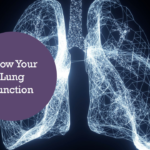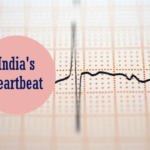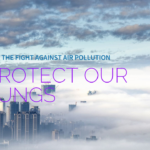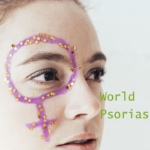
Glenmark India
A new way for a new world
Glenmark India
A new way for a new world
Insight
Vitiligo — how an inclusive environment makes a big difference

By Alok Malik
Vitiligo has special significance in India, because the depigmentation caused by this condition is more noticeable on darker Indian skin tone. Superstitions and myths attached to the condition, such as blood impurity,
its supposedly infectious nature and its presumed link to leprosy result in Vitiligo being perceived as a serious illness.
Many people affected by this condition experience low self-esteem, embarrassment, social isolation, anxiety, and depression, this can lead to suicidal tendencies and an inability to live fully integrated lives. This said, in recent times, we have several examples of people with vitiligo who have found ways to reclaim their lives and meet their challenges with confidence. Examples include actors, politicians, models, artists, doctors, students, businessmen, women, and individuals from different walks of society.
So, what driving factors make it possible for some people with vitiligo to step out from the shadows and take their place in the sun, while it is difficult for others?
Creating an inclusive environment
Research surveys point to the fact that alongside the physical toll on those who are living with vitiligo, the psychosocial toll is huge. From being teased at school as a child, to not receiving equal job opportunities in later life, facing marital discord and being ostracized from community gatherings, society creates painful circumstances for people with vitiligo. In such situations, it is extremely difficult for patients to develop self-esteem.
Empathy fosters emotional support and healing for people with vitiligo. Unconditional acceptance and encouragement by society are important factors for building a positive body image to help them lead a fulfilling life.
By creating an inclusive environment, we can empower people with this condition to manage social and emotional challenges. Undoubtedly, the onus of creating this inclusive, safe space lies with society, and not with the individual living with the autoimmune disease. However, there are several challenges when it comes to dealing with vitiligo.
Despite the fact that as much as one per cent of the global population has been diagnosed with vitiligo and possibly just as many have not been reported or diagnosed, enough attention has not been given to the treatment of this disease. For example, Tamil Nadu state in India published a report that it had as many as 37 lakh persons with vitiligo in the state. And yet, the spotlight on vitiligo research, vitiligo treatment or vitiligo support is not anywhere near adequate.
Solutions that could improve outcomes
To improve outcomes of vitiligo patients, the pharmaceutical industry must collaborate with dermatologists, dermatologist associations and research organizations not only to find innovative solutions to treat this autoimmune disease but also to improve social acceptance, provide factual information and encourage patients living with vitiligo to seek early treatment.
Another major issue is the financial burden of vitiligo treatment. As there is no short-term treatment, repeated doctor visits and the cost of treatment lead to further difficulties. At present, although vitiligo is an autoimmune disorder, patients often face difficulties in receiving health insurance coverage for their treatment because the disease is considered cosmetic. This misconception must be cleared urgently.
The issues around vitiligo are complex and need to be better understood. Vitiligo needs more awareness, more funding, more research, more innovation and more solutions.
Tags
Similar blogs
- All Posts
- abcd
- anti-infective>Anti-bacterial
- oncology-supportive-care>Prostrate-Cancer
- respiratory-disorders>Obstructive-Airway-Diseases








